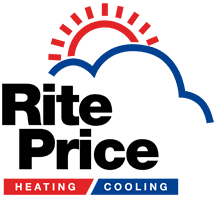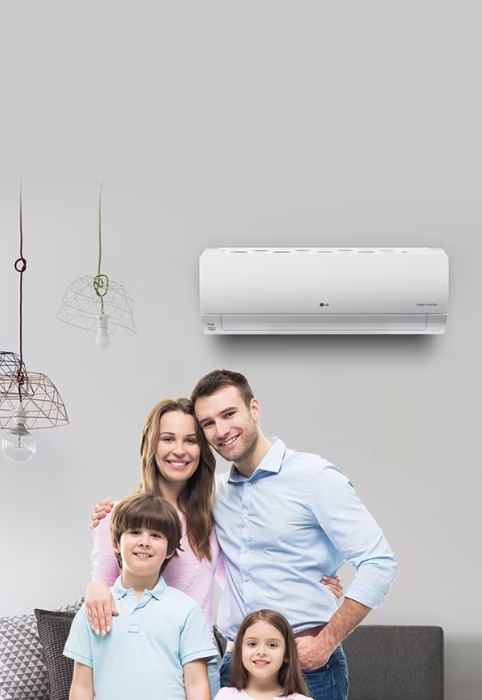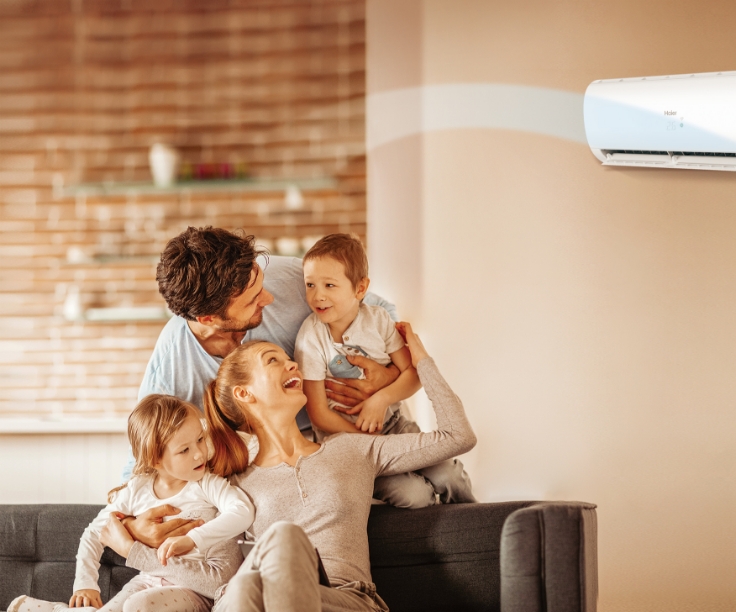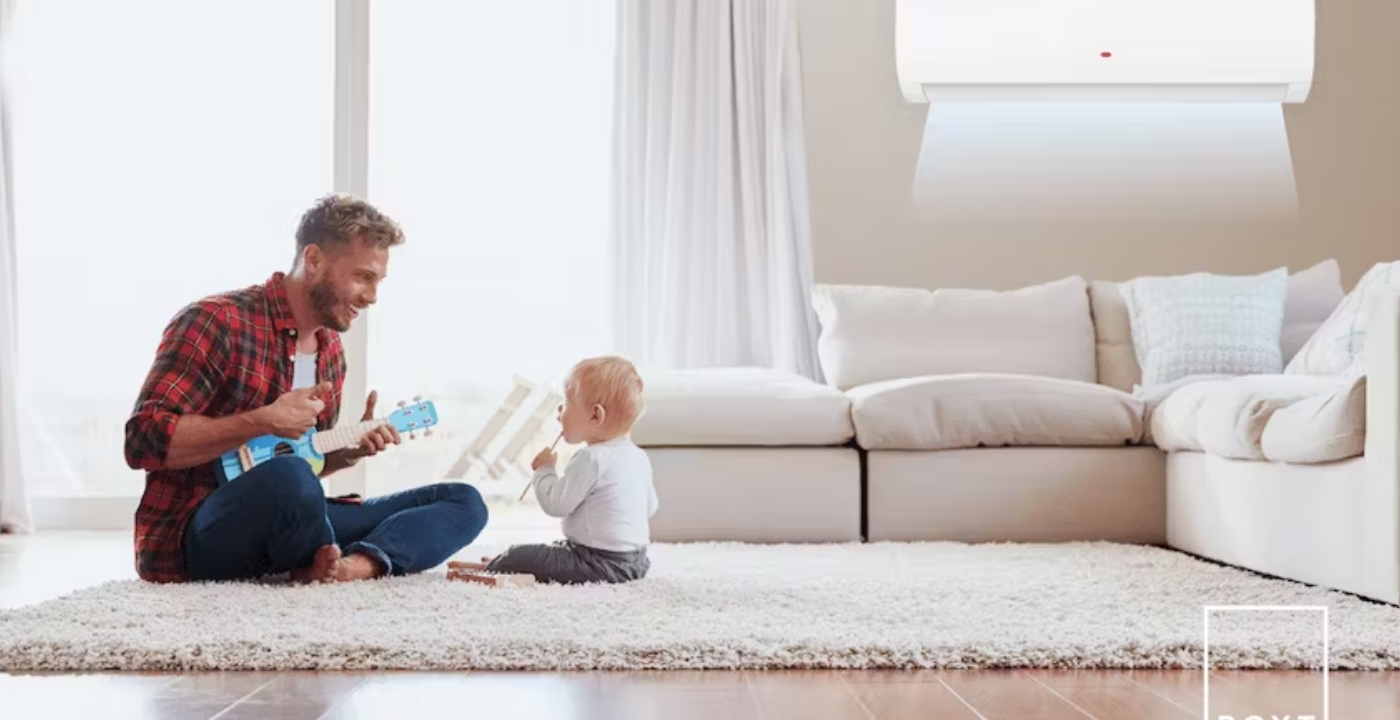What are the top air conditioner problems in Adelaide?
An air conditioning (AC) unit is an important addition to every household in Adelaide, Australia, due to the area’s location and climate. As Adelaide is a coastal city, the people living there endure extreme summer heat during the months of December, January, and February. Throughout the year, the climate in Adelaide is mild—similar to the climate in Mediterranean countries. Snowy winters rarely happen in this part of Australia.
And during summer, people in Adelaide experience all sorts of air conditioner problems due to extreme heat.
The Different Parts of an Air Conditioner
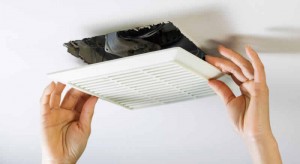
Cooling the air inside a home is the major function of an air conditioning unit. An AC also monitors the temperature. It also acts as a dehumidifier, keeping humidity at bay during extreme, unbearable summer days. Thus, do not be alarmed when you find your AC discharging water from the tubes of its heating exchange system.
There are two main systems in an air conditioning unit: the cooling system and the heating exchange system. However, if your AC is a ducted split type, the thermostat is an added system. The thermostat regulates your air conditioning unit. When it is set at a certain temperature, the air conditioning system begins to work.
The cooling side of the AC consists of an evaporator and a fan which are ‘inside’ the house. On the other hand, the heating exchange system contains the compressor, condenser, and a fan. Many air conditioner problems have something to do with the cooling system, partly because this side is the part of your AC most exposed to your daily activities and other factors such as dirt inside the house.
The cycle starts when the evaporator removes heat from the room and transfers that heat to the condenser. The evaporator is located inside the air handling part of the whole system or behind air ducts in the walls. The condenser receives the hot air and mixes it with refrigerant. The condenser is a network of coils that contain refrigerant.
After that, the compressor pumps the liquid and pressurized refrigerant to the expansion valve. From the expansion valve, the refrigerant flows into the evaporator. The evaporator receives the liquid refrigerant and the fan blows chilled air into the room. This cycle happens in a matter of minutes depending on how warm the room is.
Other essential parts are the air filter, drainage pan, and exhaust fan from the heating exchange unit. The air filter, as the name suggests, filters the air that goes through the air-handling unit inside the home. The AC unit uses a drainage pan to discharge unnecessary water during the cycle while the exhaust fan in the heating exchange system (located outside the house) expels excess air out of the room.
Now that you know how an air conditioner works, we can then discuss the most common air conditioner problems.
- The breaker is always tripping.
A breaker protects your air conditioning system and your home. When something goes wrong with your AC unit, the breaker automatically switches off to prevent further damage to your other appliances. If your breaker is always tripping, it may be due to a bad breaker or capacitor or a loose wire. It is best to ask a technician to check what is wrong. This problem may be a simple one but it is not meant for you to fix on your own, especially if you have no knowledge about electrical wirings.
- The air filter is dirty.
It is one of the most common air conditioner problems since the air filter is hidden. People tend to forget this essential part of an AC. The filter maintains the air quality that the air conditioner brings into the room. Replacing your air filter is easy and you can do it yourself, but you should replace it every two months to keep your air conditioner in top condition and to prevent accumulation of dirt. Accumulation of dirt in the air filter may result in frozen coils and repairs that are more expensive.
- The thermostat is not working properly.
Frequently toggling between heating and cooling modes may cause your thermostat to break down. However, an excellent quality thermostat does not fail that easily. The simple cause of a nonworking thermostat is often wrong position or settings. Another cause of malfunction in the thermostat may be a constant voltage spike within your electrical wirings. This leads us back to problem number 1: a faulty breaker.
- The drainage line is clogged.
An air conditioner also acts as a humidifier and removes moisture out of a humid room while lowering the temperature. The moisture goes straight to your plumbing system or to the drainage line located inside your air conditioner. That is why you sometimes see water coming out of the heating exchange system of your AC unit, located outdoors. Algae grow in these lines, which causes clogging. You should have a technician clean the lines to remove the cause of clogging.
- The evaporator coil is dirty.
The cause of a dirty evaporator coil is a dirty air filter. When the filter is clogged with dirt, normally the air will not pass through. The majority of the cooling air remains inside instead of passing through the air filter. From time to time, you need to call on a professional to clean up your air conditioner.
Air Conditioner Problems
Air conditioner problems can cause your utility bill to increase. That being said, keeping your AC in top condition will prevent these problems from happening. Aside from getting your AC cleaned up occasionally or regularly, cleaning your home is also important in avoiding the most common air conditioner problems and making sure your air conditioner lasts a long time. So make it a habit to vacuum your house.
Remember, your AC does not only cool or heat your house. It also cleans the air inside the house. Thus, a dirty house means your AC can clog up faster. Lastly, if you think you do not know what the problem is with your AC, it is best not to pry it open and find out what’s wrong, especially if you have no knowledge of appliance repair. You should instead call a professional to fix your air conditioner problems for you.
